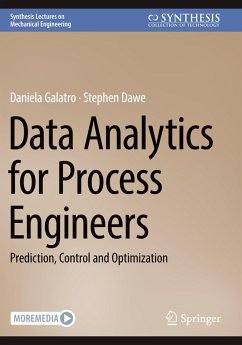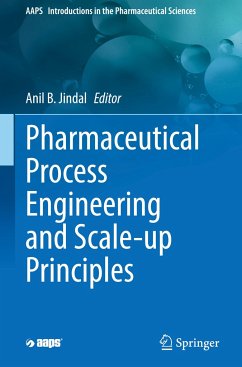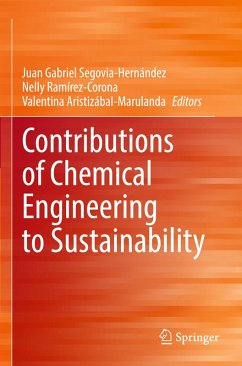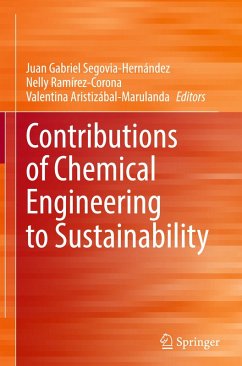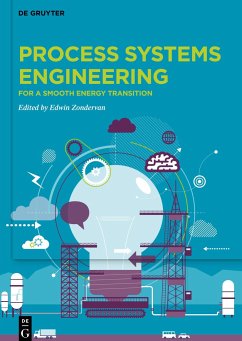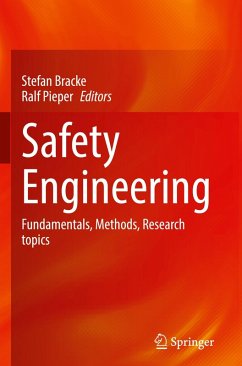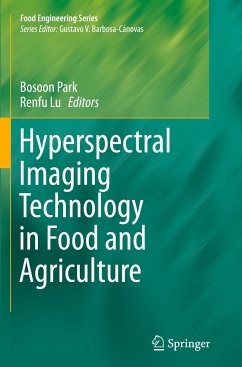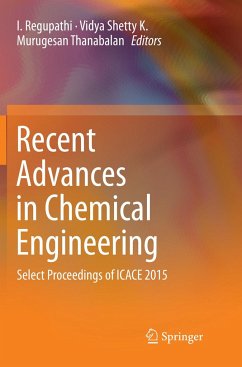
Data Analytics for Process Engineers
Prediction, Control and Optimization

PAYBACK Punkte
16 °P sammeln!
This book provides an industry-oriented data analytics approach for process engineers, including data acquisition methods and sources, exploratory data analysis and sensitivity analysis, data-based modelling for prediction, data-based modelling for monitoring and control, and data-based optimization of processes. While many of the current data analytics books target business-related problems, the rationale for this book is a specific need to understand and select applicable data analytics approaches pragmatically to analyze process engineering-related problems; this tailored solution for engin...
This book provides an industry-oriented data analytics approach for process engineers, including data acquisition methods and sources, exploratory data analysis and sensitivity analysis, data-based modelling for prediction, data-based modelling for monitoring and control, and data-based optimization of processes. While many of the current data analytics books target business-related problems, the rationale for this book is a specific need to understand and select applicable data analytics approaches pragmatically to analyze process engineering-related problems; this tailored solution for engineers gets amalgamated with governing equations, and in several cases, with the physical understanding of the phenomenon being analyzed. We also consider this book strategically conceived to help map Education 4.0 with Industry 4.0 since it can support undergraduate and graduate students to gain valuable and applicable data analytics stills that can be further used in their workplace. Moreover, itcan be used as a reference book for professionals, a quick reference to data analytics tools that can facilitate and/or optimize their process engineering tasks.



